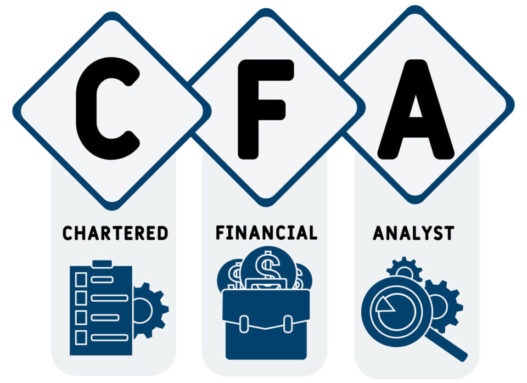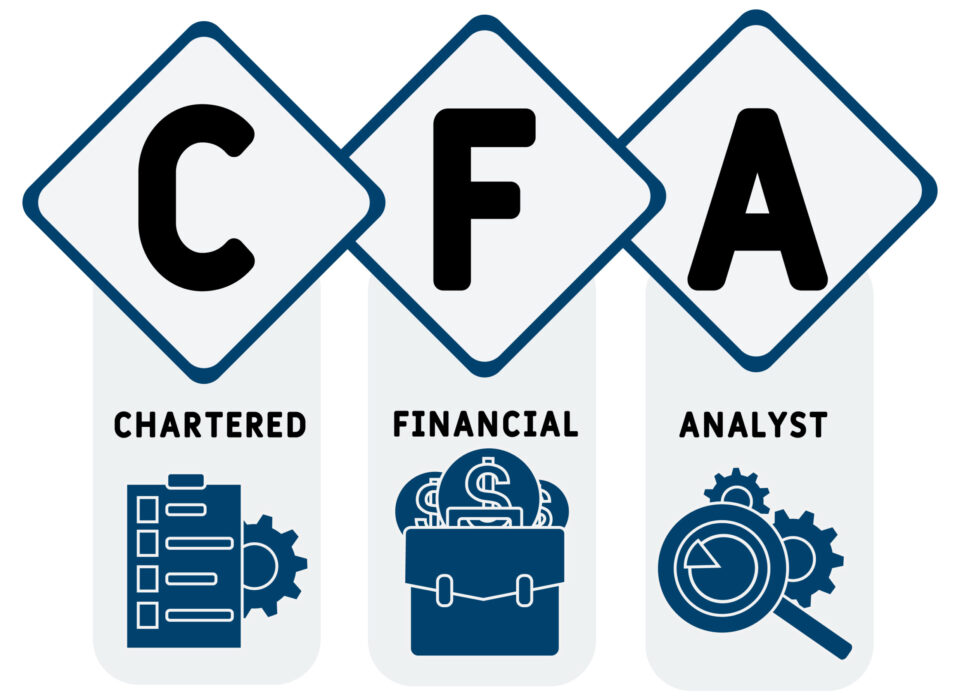If you’re considering pursuing the Chartered Financial Analyst (CFA) designation but lack a formal finance background, you might wonder whether this puts you at a disadvantage when it comes to passing the exams. Based on data collected from candidates over the past decade, we’ve analyzed the impact of educational and professional backgrounds on CFA exam success. Here’s what you need to know.
Does Having a Finance Background Matter for CFA Exams?
To understand the relationship between background and exam performance, we grouped CFA candidates into four profiles based on their finance-related work and educational backgrounds:
- Finance-related work and educational background (Work & Edu)
- Finance-related work background only (Work Only)
- Finance-related educational background only (Edu Only)
- No finance-related background (No Background)
Interestingly, most CFA candidates tend to have both work and educational backgrounds in finance, which is especially true as candidates progress through the CFA program.
CFA Candidates’ Work and Education Background vs. Pass Rates
When we compared these candidate profiles with their respective pass rates, some surprising trends emerged:
- For CFA Level 2, candidates with only a finance educational background (Edu Only) had the lowest pass rates. This group often exhibits complacency, as they might underestimate the effort required for the exam. In contrast, candidates with finance-related work experience typically perform better due to their practical application of financial concepts.
- For CFA Level 1 and Level 3, candidates with no finance background and those with only finance education displayed similar performance levels, both underperforming compared to candidates with finance work experience. This indicates that hands-on experience in the field is a significant advantage when preparing for the CFA exams.
Studying CFA Without a Finance Background is Totally Doable
Despite the data, it’s important to note that not having a finance background doesn’t mean you can’t succeed in the CFA program. In fact, recent research shows a growing diversity among CFA candidates. For instance, the proportion of CFA Level 1 candidates with finance degrees has decreased from 43% in 1990 to 38% in 2022. Meanwhile, candidates from STEM fields have increased from 11% to 13% during the same period.
Here’s what this means for aspiring CFA candidates:
- Drive and Discipline Matter: Your commitment and study habits will play a more significant role in your success than your educational background. Stay disciplined in your preparation and avoid complacency, especially if you have a finance-related degree.
- Finance Work Experience is Beneficial: While finance education provides foundational knowledge, practical experience in the field enhances understanding and retention of concepts. This real-world application reinforces what you learn during your studies.
- Exam Suitability Varies by Level: Some CFA levels may be easier for you than others based on your strengths and prior knowledge. The approach and content vary significantly, particularly in Level 3, which emphasizes essay writing and complex financial concepts.
- Stay Motivated: Regardless of your background, maintaining motivation and focus is crucial. Even those with finance experience need to remain driven, as the CFA exams are rigorous and demand thorough preparation.
Conclusion
In summary, pursuing the CFA without a finance background is entirely feasible. While having a finance-related education or work experience can be advantageous, your determination, study strategies, and real-world application of knowledge are ultimately more critical to your success. As you embark on this journey, focus on developing strong study habits and staying motivated, and you may find that your diverse background provides unique insights that enhance your understanding of the material.















